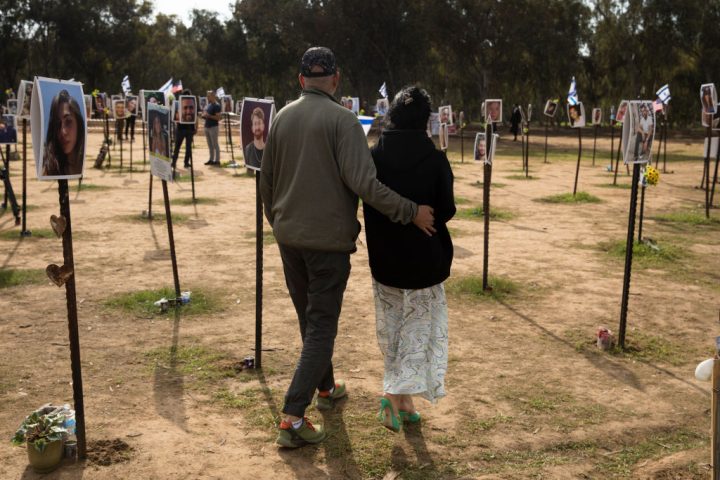‘Yes… But…’. It is a phrase that Jews in Britain and around the world have become accustomed to hearing since the 7 October Hamas terror attacks on Israel and the subsequent war. It is a twisted attempt to contextualise atrocities, to justify the unjustifiable. When you hear, as I have, the stories of those who survived the massacre at the Nova music festival, though, or whose family members are still being held hostage, when you see the footage from that event, you realise there is no ‘but’.
Already a subscriber? Log in
Subscribe for just $2 a week
Try a month of The Spectator Australia absolutely free and without commitment. Not only that but – if you choose to continue – you’ll pay just $2 a week for your first year.
- Unlimited access to spectator.com.au and app
- The weekly edition on the Spectator Australia app
- Spectator podcasts and newsletters
- Full access to spectator.co.uk
Or




















Comments
Don't miss out
Join the conversation with other Spectator Australia readers. Subscribe to leave a comment.
SUBSCRIBEAlready a subscriber? Log in